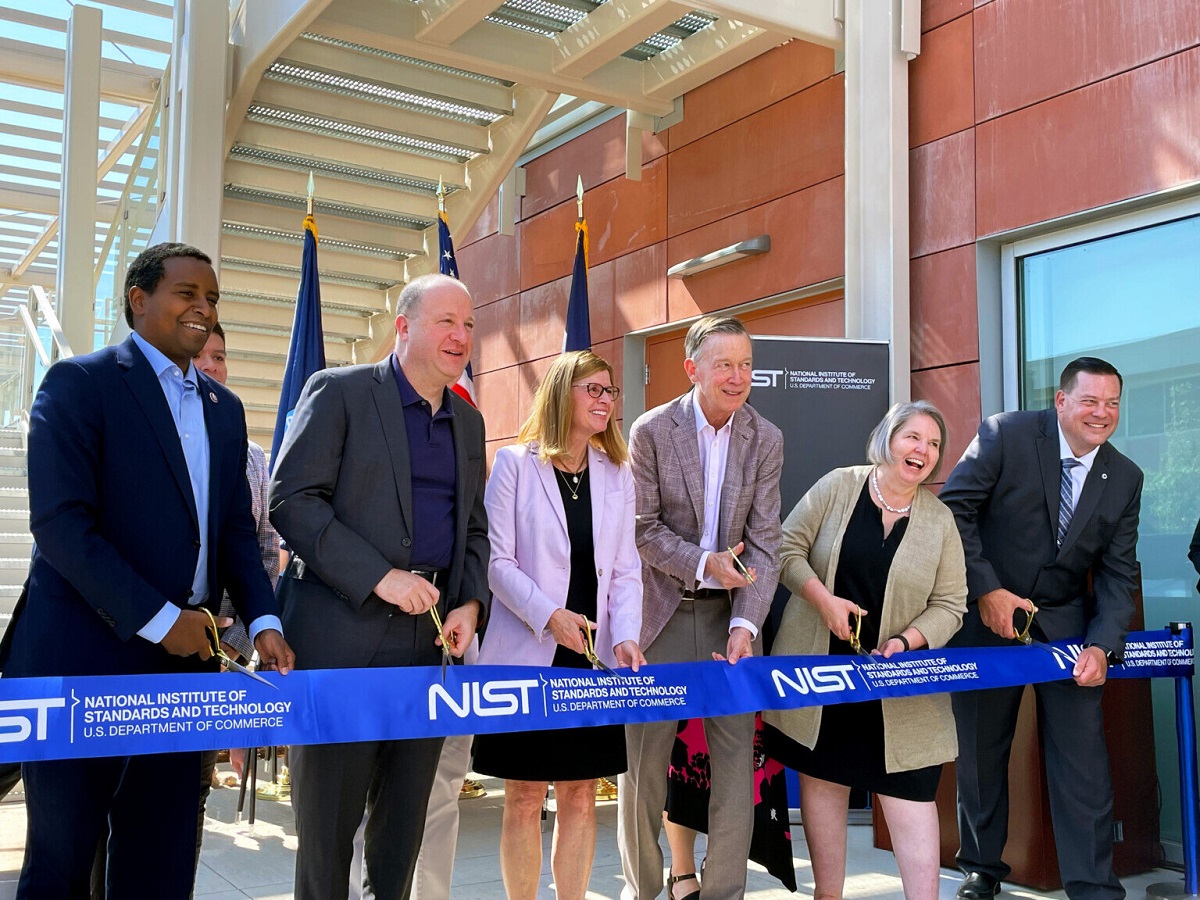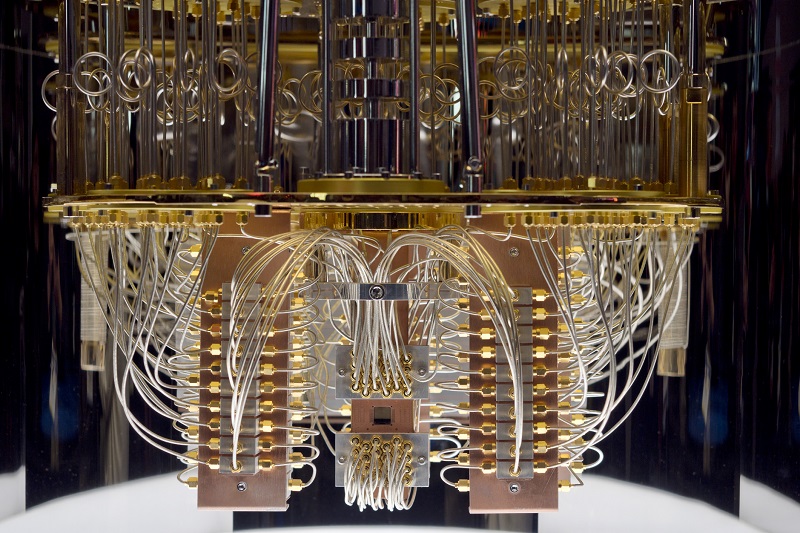
Colorado is making headlines. And not the ones you think. They look like this: “Colorado Springs semiconductor company will triple its domestic microchip production through CHIPS Act grants.” And this: “Quantum tech hub's $40.5M grant expected to bring thousands of jobs to Colorado.” And this: “Colorado and Wyoming awarded inaugural NSF Engines award to advance innovative climate technologies.”
The federal investments behind the headlines are recognition of an overlooked truth about the Colorado of today: it is one of the most exciting hotbeds of American innovation and technology.
Take the first headline. It refers to Microchip’s $900 million expansion of its Fab 5 facility in Colorado Springs and the $90 million award from the CHIPS Program Office (CPO) to support it. Announced in January 2024, it was the second made under the CHIPS direct funding program. But it was not the first nor last of the CHIPS money to reach the state. In 2023, the CHIPS Metrology R&D Program, with a five year appropriation of $1.75 billion was stationed at the National Institute of Standards and Technology (NIST) Boulder Labs. In June 2024, the CPO announced a $75 million award for Entegris to support its nearly $725 million multi-phase expansion in Colorado. And in September 2024, it was announced that three Colorado companies - Octave Photonics, Tech-X Corporation, and Vapor Cell Technologies - would each receive grants nearing $300,000 from the CHIPS Metrology SBIR program. There were only 17 total awards in the program nationally..

This is all reflective of Colorado’s semiconductor strength. It is 9TH in the nation for total semiconductor facilities and 3RD for the number of design and R&D facilities. The chips that are designed or manufactured in the state - by renowned companies like Broadcom, NVIDIA, AMD, Analog Devices, Micron, Qualcomm, and Intel - span the spectrum from field programmable gate arrays to thin-film bulk acoustic resonators and support an endless array of applications including mobile device connectivity, data center storage solutions, supercomputing, and AI, among others.
The next headline highlights the Colorado-based consortium Elevate Quantum’s designation and $40.5 million funding as an Economic Development Agency Tech Hub. In July 2024, the group of over one hundred quantum and photonics organizations was one of 12 consortia that received funding after Phase 2 of the national competition. It is the only one focused on the development of quantum technologies. Just a month before, the National Science Foundation (NSF) announced a $20 million award for the University of Colorado Boulder to develop the National Quantum Nanofab facility adjacent to its Colorado Shared Instrumentation in Nanofabrication and Characterization lab.
For those in the know, these awards were not surprising. The fundamental quantum computing building block, the 2-qubit gate, was first demonstrated at NIST Boulder in 1995. In 2000, NIST Boulder unveiled its first Cesium Fountain Atomic Clock, which uses quantum mechanics to precisely track the passage of time. It is one of the most accurate clocks in the world and is the primary frequency standard for the US. Private companies in Colorado also continue to break quantum boundaries: Atom Computing built the first gate-based, 1,000-qubit quantum computer and Quantinuum's 56-trapped ion qubit quantum computer, H2-1, achieved such a high fidelity that classical computers could no longer fully simulate it. Quantum technologies are poised to have a larger societal impact over the coming 50 years than semiconductors during the previous. Colorado is leading the way.
And the last headline. In January 2024, the NSF announced that the Colorado-Wyoming consortium focused on climate resilience technologies would receive $15 million for two years, with the potential to receive $160 million over 10 years, as one of 10 NSF Engines nationally.

Colorado has long been a leader in the renewable energy and cleantech sectors. The National Renewable Energy Lab (NREL), located in Golden, Colorado, is a major asset for the state. The lab maintains hundreds of partnerships with industry and academia across the globe and employs nearly 7,000 people in Colorado, who conduct R&D on a vast range of technologies including hydrogen, wind, and battery storage, among many others. Some notable companies include Solid Power, a Colorado all solid state battery manufacturer that has secured deals with Ford, Hyundai, and BMW; CS Wind, a Korean multinational wind turbine manufacturer, which operates the largest tower production facility in the world in Pueblo, Colorado; and Swiss premium solar panel manufacturer Meyer Burger, whose new Colorado solar cell production facility will be fully operation by the end of 2024.
This is only a glimpse into a state that represents the heart of America’s innovation engine. It does not cover the incredible advancements in aerospace, biotechnology, and information technology that are constantly pioneered by Colorado companies.
Across all of these investments and endeavors are two constants: a pervasive Colorado commitment to collaboration and the unflinching support of a state government that understands the potential of the deeptech ecosystem.
Come build the future with us.

There are no comments
Please login to post comments